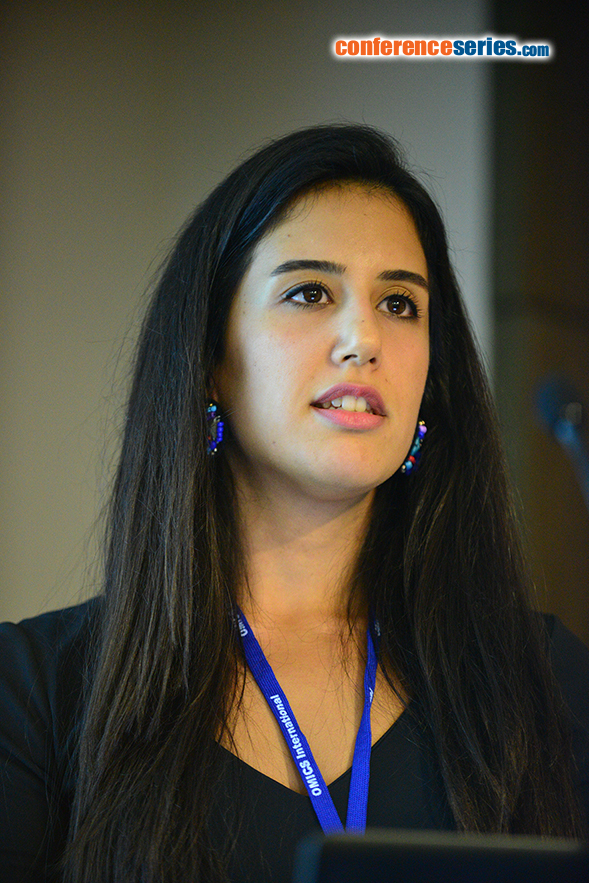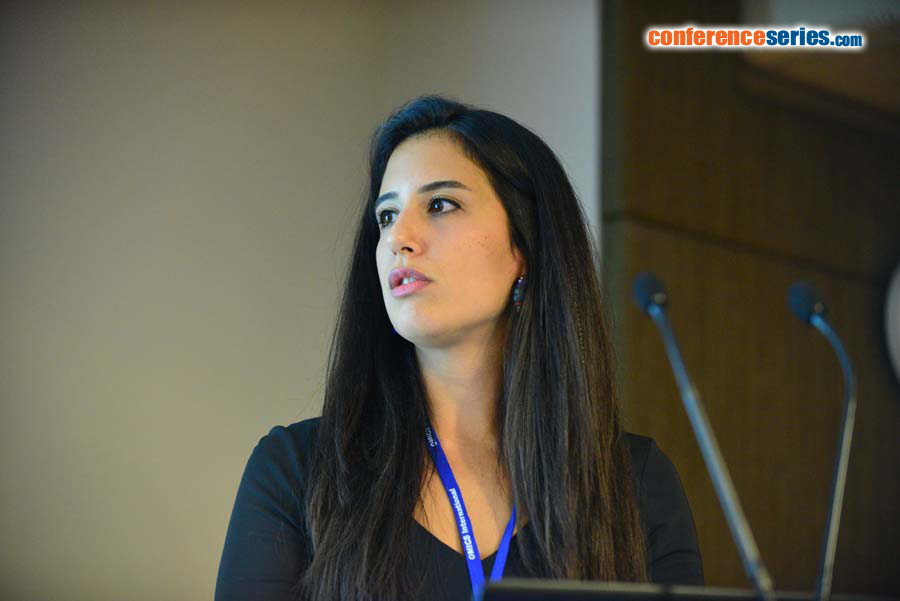
Bahar Onaran
Ankara University
Turkey
Title: Prevalence of Listeria monocytogenes in cattle and sheep carcasses and presence of L monocytogenes lytic bacteriophages in slaughterhouse wastewater
Biography
Biography: Bahar Onaran
Abstract
Listeria monoctogenes (LM) is a zoonotic food-borne bacterium that leads to a variety of serious infections in humans and those suffering with listeriosis occur in approximately 30% mortality. Epidemiologic studies have revealed that a significant proportion of cases of listeriosis caused by contaminated foods. The use of specific virulent bacteriophages for LM in order to reduce LM load in foods of animal origin before, during and after slaughter processes emerges as an important method. It is reported that the usage of specific virulent bacteriophages to LM as a biocontrol and decontamination agent of LM in foods, do not cause any side effects in humans. This study was aimed to find out the prevalence of LM in cattle and sheep carcasses in slaughter level and isolate virulent LM phages from slaughterhouse wastewater in Ankara and Kirikkale, Turkey. For these purposes, 50 cattle and 80 sheep carcass sponge swap samples were collected from three cattle-sheep slaughterhouses between July 2015 and February 2016 to isolate LM. Besides, 40 slaughterhouses wastewater were taken to detect LM lytic bacteriophages. Two out of the cattle and three of the sheep carcasses were contaminated with LM. Additionally, a total of 6 LM 1/2a and/or 4b lytic phages from 3 out of 40 wastewater samples were isolated. The results showed that 4.0% of cattle and 3.8% of sheep carcasses are contaminated with LM. Therefore, after characterization of listeriophage isolates which have lytic effect on 1/2a and/or 4b serotypes will use for the biocontrol of LM in different food models.



